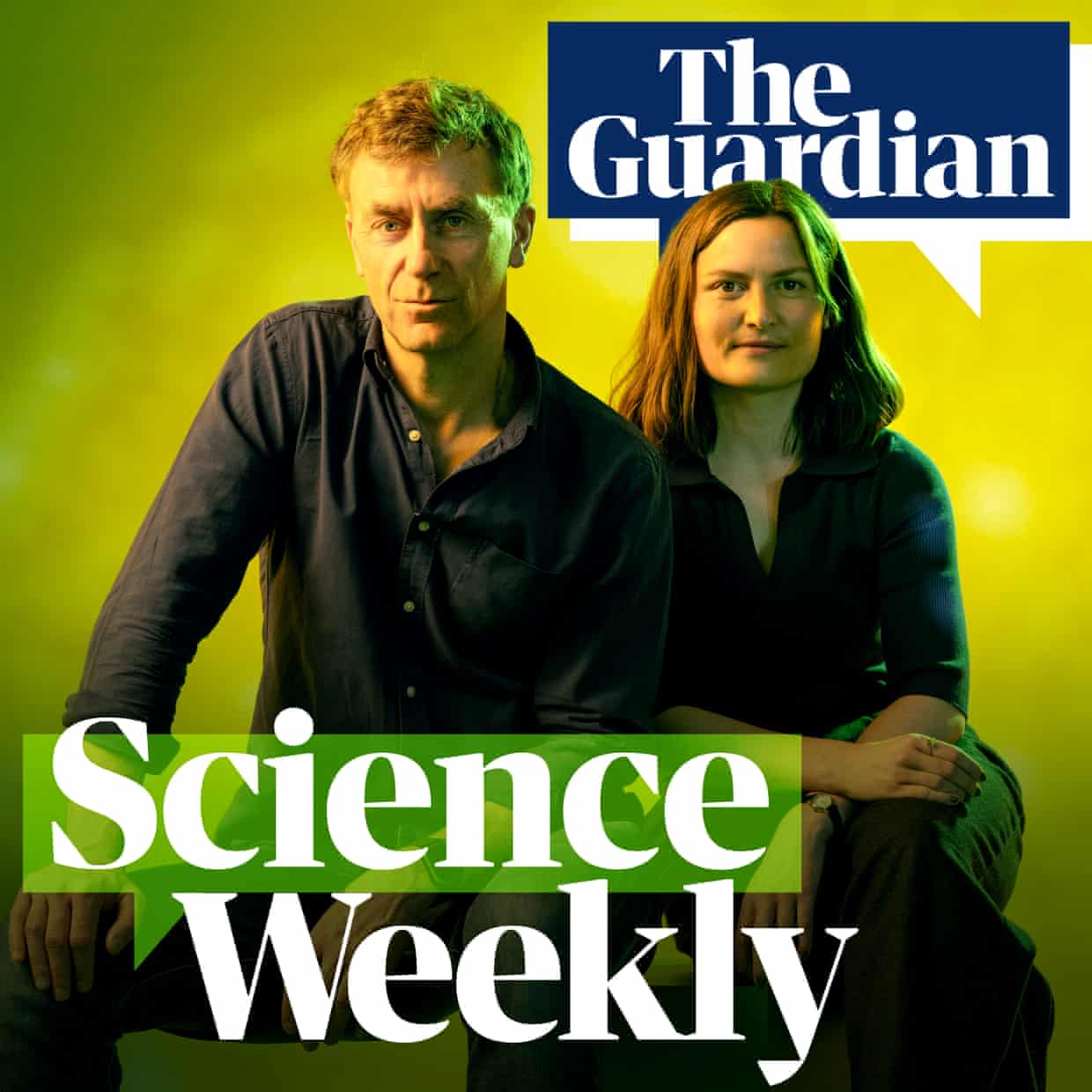Science
Putin Explores Longevity Research: Can People Become Immortal?

In a recent episode of a podcast produced by The Guardian, Russian President Vladimir Putin shared his views on the pursuit of longevity and the potential for humans to achieve remarkable lifespans. He posited that advancements in science may enable people not only to live longer but possibly to reverse aging, or even attain immortality. The discussion, which took place in December 2023, highlighted the Russian government’s growing interest in longevity research.
During the podcast, Putin emphasized that scientific breakthroughs could allow humans to rejuvenate their bodies. He referenced ongoing research and investments being made in this field, indicating a national commitment to exploring the boundaries of health and wellness. The Russian government has been actively funding various initiatives aimed at enhancing the quality of life for its citizens, with a particular focus on aging populations.
Investments in Longevity Research
Putin’s vision for longevity aligns with a broader global trend where governments and private organizations are investing heavily in health sciences. According to a report by the Longevity Institute in Moscow, investments in anti-aging technologies and therapies have surged in recent years. The institute is at the forefront of research, aiming to develop treatments that could significantly extend life expectancy.
In his remarks, Putin noted the importance of collaboration between various sectors, including biotechnology, medicine, and even artificial intelligence. He suggested that combining these fields could lead to groundbreaking developments that might redefine the concept of aging. The Russian government’s strategy appears to be centered on positioning the nation as a leader in the burgeoning field of longevity research.
The Global Longevity Movement
The discussion around longevity is not confined to Russia. Worldwide, scientists and researchers are exploring innovative approaches aimed at extending human life. In the United States, for instance, the National Institute of Health has been funding studies on genetic factors influencing aging. Similarly, researchers in Europe are examining the effects of diet and lifestyle on longevity.
As Putin’s remarks gain traction, they add to the ongoing dialogue about the ethics and implications of such advancements. Questions arise about accessibility to these potential treatments and the societal changes that may accompany them. The prospect of humans achieving significantly longer lifespans raises critical issues regarding healthcare systems, workforce dynamics, and even environmental sustainability.
While the concept of immortality may still reside in the realm of science fiction, the Russian president’s endorsement of longevity research signals a clear interest in pushing the boundaries of science for the betterment of society. The implications of these developments will undoubtedly continue to unfold as research progresses and more nations engage with the idea of extending human life.
The podcast episode serves as a compelling entry point into a broader conversation about the future of human health, longevity, and the role of government in shaping these advancements. As countries around the world grapple with aging populations, Putin’s pursuit of longevity may reflect a pivotal moment in the global approach to health and wellness.
-

 Science3 months ago
Science3 months agoToyoake City Proposes Daily Two-Hour Smartphone Use Limit
-

 Top Stories3 months ago
Top Stories3 months agoPedestrian Fatally Injured in Esquimalt Collision on August 14
-

 Health3 months ago
Health3 months agoB.C. Review Reveals Urgent Need for Rare-Disease Drug Reforms
-

 Technology3 months ago
Technology3 months agoDark Adventure Game “Bye Sweet Carole” Set for October Release
-

 World3 months ago
World3 months agoJimmy Lai’s Defense Challenges Charges Under National Security Law
-

 Lifestyle3 months ago
Lifestyle3 months agoVictoria’s Pop-Up Shop Shines Light on B.C.’s Wolf Cull
-

 Technology3 months ago
Technology3 months agoKonami Revives Iconic Metal Gear Solid Delta Ahead of Release
-

 Technology3 months ago
Technology3 months agoApple Expands Self-Service Repair Program to Canada
-

 Technology3 months ago
Technology3 months agoSnapmaker U1 Color 3D Printer Redefines Speed and Sustainability
-

 Technology3 months ago
Technology3 months agoAION Folding Knife: Redefining EDC Design with Premium Materials
-

 Business3 months ago
Business3 months agoGordon Murray Automotive Unveils S1 LM and Le Mans GTR at Monterey
-

 Technology3 months ago
Technology3 months agoSolve Today’s Wordle Challenge: Hints and Answer for August 19









